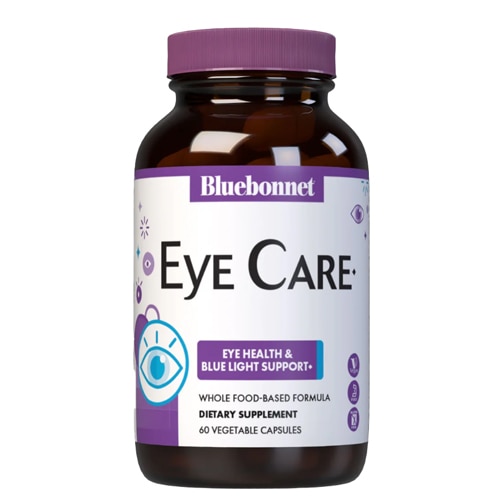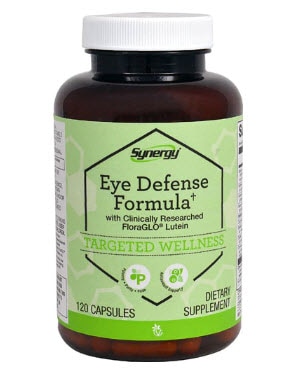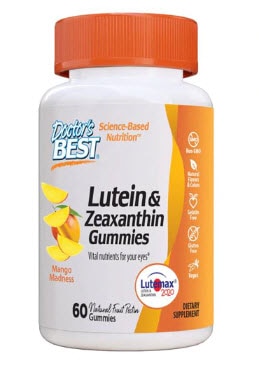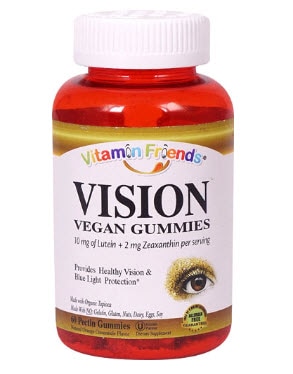If you are 55 or older, you are at growing risk for an incurable disease that can steal your eyesight.
Millions of Americans have been diagnosed with macular degeneration, a condition that affects the center of the retina, a sensory membrane at the back of the eye.
This central part of the retina – known as the macula – helps focus central vision. When macular degeneration strikes, it hampers the ability of the affected person to:
- Read
- Drive a car
- Recognize faces and colors
- See things in fine detail
“Age-related macular degeneration is the leading cause of blindness in older adults in the United States,” says Dr. Rajeev Ramchandran, an ophthalmologist and chair of the volunteer scientific committee at Prevent Blindness, an organization that educates people on ways to prevent blindness.
In fact, macular degeneration impacts more people than cataracts and glaucoma combined, according to the American Macular Degeneration Foundation.
Macular degeneration is divided into two types, “wet” and “dry.” About 85% to 90% of cases fall into the “dry” category, which progresses more slowly than the “wet” type. But both can damage vision.
While anyone can be diagnosed with macular degeneration, Ramchandran says you are at greater risk if you are:
- In you mid-50s and older
- Have a family history of the disease
- Are of northern European ancestry
Macular degeneration cannot be cured. But there are some things you can do to help stop the disease before it gets started.
How to prevent macular degeneration - dietary changes
For example, eating the right types of food may reduce your risk of developing macular degeneration.
Studies have shown that fruits and vegetables rich in certain nutrients promote eye health. Such nutrients include:
- Vitamins A, C, D and E
- Lutein
- Zeaxanthin
- Zinc
“The various colors of vegetables, the green leafy vegetables, the squashes – those are very beneficial, because they have those nutrients that are beneficial to the eye,” Ramchandran says.
Ramchandran particularly urges people to follow the lead of the classic cartoon character Popeye and add more spinach into their diet.
“Spinach actually is a good source of lutein and zeaxanthin,” Ramchandran says. “It’s a very good source of those nutrients, and it’s very healthy for your eyes in that way.”
Cold-water fish are another good addition to your diet. “Salmon is a good fish to eat for eye health,” Ramchandran says.
People with intermediate or advanced forms of macular degeneration may benefit from taking certain types of vitamins. But for other people, foods are a better source of the nutrients that fight macular degeneration.
That is because you excrete many nutrients you get in pill form when you urinate, “particularly the water-soluble vitamins,” Ramchandran says.
“Foods often have the nutrient, and the component that allows for the absorption of the nutrient,” he says.
Lifestyle choices that may prevent macular degeneration
In addition to improving diet, certain lifestyle choices may impact whether or not you develop macular degeneration.
For example, Ramchandran says there is a link between poor cardiovascular health and increased risk of macular degeneration.
“If you lower your cardiovascular risk, you have a better chance of healthy eyes,” he says.
That means keeping blood pressure levels under control and lowering cholesterol levels, Ramchandran says.
Exercise can help promote health of the eyes and the body overall. Also, avoid smoking, which boosts the risk of developing macular degeneration and speeds progression of the disease.
“Smoking is a huge thing,” Ramchandran says. “Smoking doubles your risk of developing macular degeneration.”
Also, get an eye exam at least once -- especially after age 50 -- if you have a family history of macular degeneration, or if you are of northern European ancestry, Ramchandran says. In many cases, people with the disease do not experience symptoms indicating they have it.
“The eye doctor can look inside and see your eye and look at the retina and find if you do have changes that are attributable to age-related macular degeneration,” Ramchandran says.
Interested in extra vision support? Consider these supplements:







